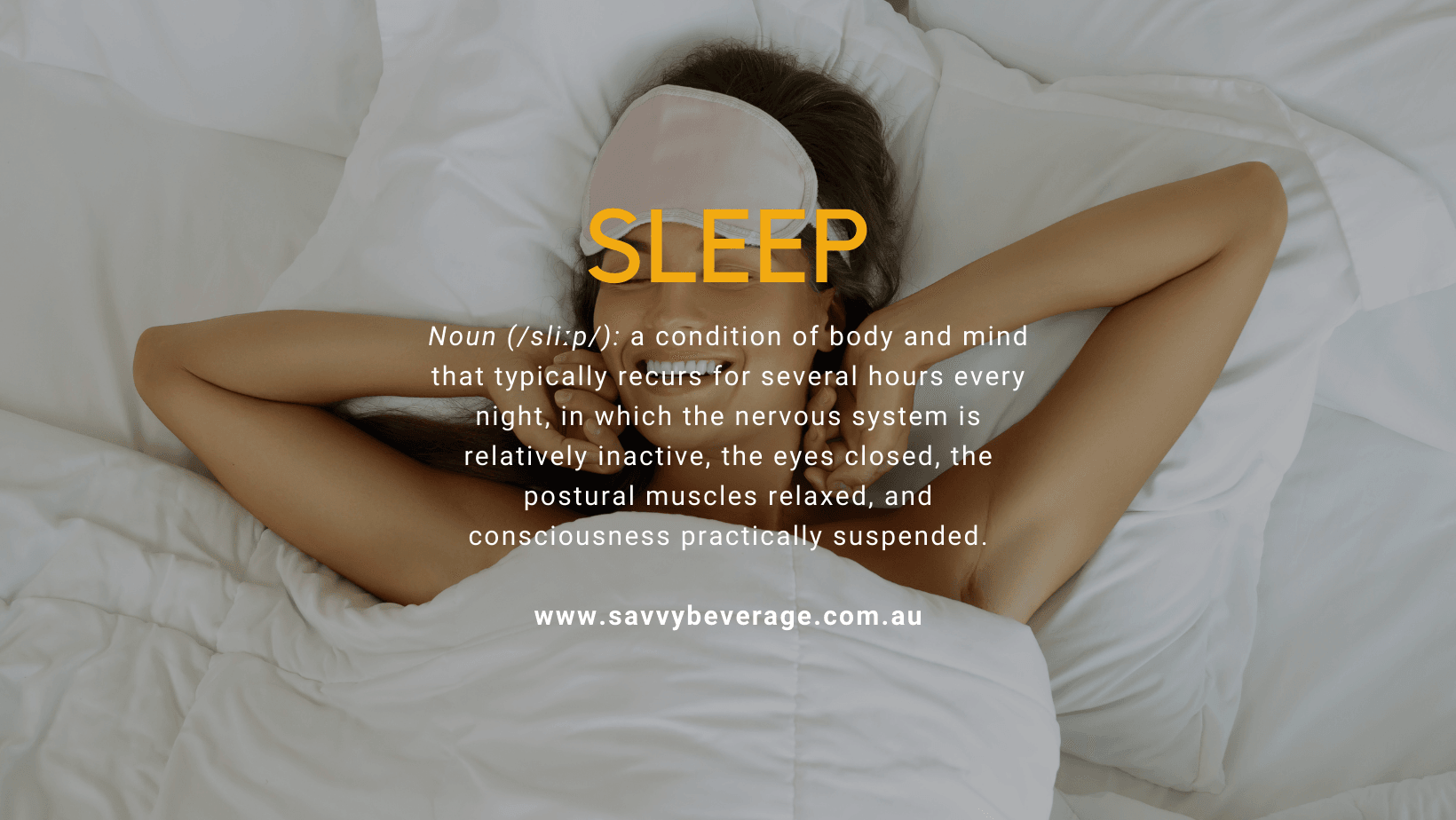
7 Proven Ways to Improve Your Sleep for Better Focus and Mental Clarity
Why Sleep Is the Secret to Peak Performance
Have you ever noticed how a single restless night can completely throw your day off balance? You wake up groggy, irritable, and unable to focus no matter how much coffee you drink. Quality sleep is not simply about the hours you spend in bed. It is about how well your body and mind recover during those hours.
Research shows that poor sleep undermines concentration, decision-making, mood, and productivity. It can also affect hormones, encourage weight gain, weaken the immune system, and raise stress levels. On the other hand, restful sleep enhances focus, memory, creativity, and energy. In many ways, it is the most powerful natural performance enhancer you have access to.
In this article, we will explore why sleep quality matters more than quantity, and then walk through seven practical strategies you can start using tonight to sleep better, think clearer, and perform at your best tomorrow.
Why Sleep Quality Matters More Than Sleep Quantity
Many people believe that being in bed for seven or eight hours automatically equals a good night’s sleep. The truth is that sleep quality depends on how much time you spend in each stage of the sleep cycle, not just on the total hours.
-
Deep sleep helps the body repair tissues, strengthen immunity, and regulate energy.
-
REM sleep supports memory, learning, and creativity.
-
Light sleep bridges the transition between cycles and allows your brain to recharge.
If your sleep is fragmented or shallow, your body misses out on these restorative stages. That is why you may wake up feeling tired even after a “full” night in bed. Over time, poor sleep quality can drain motivation, increase anxiety, and limit mental clarity.
For example, someone who wakes up multiple times during the night due to stress or environmental factors may only get short bursts of deep sleep. Even if they were in bed for eight hours, their brain never fully cycles through restorative stages. This can be just as harmful as only sleeping for four or five hours.
In contrast, when you consistently move through natural sleep cycles without interruption, your body releases growth hormone, balances cortisol, and strengthens neural connections that enhance learning and focus. This is why athletes, CEOs, and students alike often prioritise sleep hygiene as a key part of their performance toolkit.
1. Get Bright Light Exposure During the Day

Your body runs on an internal clock known as the circadian rhythm. This rhythm influences when you feel alert and when you feel sleepy. One of the strongest regulators of this clock is light. Exposure to natural sunlight during the day signals to your brain that it is time to be awake and active.
Studies have shown that daytime light exposure improves sleep quality and duration, even in people with insomnia.[1] It also reduces the time it takes to fall asleep by helping regulate melatonin production.
Practical tips:
|
Imagine this: someone working in a windowless office from 9–5 might find themselves restless at night. But after starting daily walks during lunch breaks, they begin to feel naturally sleepy at bedtime and wake up more refreshed. Small changes like these can reset your body’s rhythm and pay off with improved focus and clarity.
2. Reduce Blue Light Exposure in the Evening

While light during the day is beneficial, light at night has the opposite effect.[2] Blue light from phones, laptops, and televisions tricks your brain into thinking it is still daytime. This suppresses melatonin, the hormone that prepares your body for rest.
To improve evening sleep readiness:
|
Think of blue light like digital caffeine for your brain — stimulating and disruptive. Many people notice that when they stop scrolling social media before bed, they fall asleep faster and wake up less groggy. Creating a buffer between technology and bedtime is one of the simplest, yet most powerful, habits you can adopt.
3. Limit Caffeine in the Afternoon and Evening

Caffeine is well known for its ability to increase alertness and focus. It works by stimulating the nervous system and blocking adenosine, a chemical that signals fatigue. However, caffeine can remain in your bloodstream for six to eight hours. Consuming it late in the day can significantly reduce sleep quality.[3]
At Savvy, we recognise caffeine’s benefits when consumed mindfully. Our Savvy Focus Coffee is formulated with nootropics and L-theanine to provide focus, clarity, and calm energy. But even with smarter blends, timing is everything.
Guidelines for smarter caffeine use:
|
For example, someone might drink a late-afternoon iced coffee to power through work, only to lie awake at midnight with racing thoughts. By cutting off caffeine earlier, you allow your body to wind down naturally and prepare for restorative sleep.
4. Keep Naps Short and Consistent

Naps can be refreshing, but long or irregular daytime naps may confuse your internal clock and make it harder to fall asleep at night. Research shows that short “power naps” of 20–30 minutes can boost alertness without interfering with nighttime sleep.[4]
Guidelines for healthy napping:
|
Think of naps as a quick “reset” rather than a full recharge. Just like plugging your phone in for 20 minutes gives you enough battery to keep going, a short nap gives your brain a burst of clarity without throwing off your sleep schedule.
Some people, such as shift workers or students, may rely on longer naps. If this works for you and does not interfere with nighttime rest, that is fine. But if you struggle to fall asleep at bedtime, shortening naps could be the key to breaking the cycle.
5. Practice Relaxation Techniques Before Bed

Stress and an overactive mind are among the biggest barriers to quality sleep. Creating a wind-down routine helps signal to your brain that it is time to relax. Evidence shows that relaxation techniques improve sleep quality and reduce the time it takes to fall asleep.[5]
Try these calming habits:
|
Consider this: if you spend your evening rushing through emails or watching intense shows, your body remains in a state of alertness. By contrast, a simple 10-minute meditation can reduce cortisol, ease anxiety, and prepare you for restful sleep. Over time, this becomes a conditioned signal — much like brushing your teeth tells your brain it’s bedtime.
6. Take a Warm Shower or Bath in the Evening

Temperature plays a crucial role in sleep onset. A warm shower or bath before bed raises your body temperature slightly. As you cool down afterward, it triggers a natural signal to your brain that it is time to sleep.
Research shows that warm baths and showers help people fall asleep faster and improve overall sleep quality. If a full bath feels excessive, even soaking your feet in warm water can provide a similar relaxation effect.[6]
This technique is especially helpful for those who toss and turn. By pairing a warm bath with dim lighting, soft music, or calming scents like lavender, you create a soothing ritual that enhances both relaxation and sleep readiness.
Of course, many people also struggle with sleep during hot nights, when their bedroom feels too warm for comfort. Heat can disrupt the body’s natural cooling process, making it harder to reach restorative deep sleep. If you’ve ever tossed and turned on a humid night, you know the feeling. We’ve written a full guide on this common issue — read our Savvy Blog on what to do when it’s ‘Too Hot to Sleep’ to discover practical solutions.[7]
7. Exercise During the Day

Exercise is one of the most reliable ways to improve sleep quality.[8] Regular physical activity reduces stress, balances hormones, and deepens slow-wave sleep. It also improves overall health, which indirectly supports better rest.
Guidelines for exercise and sleep:
|
Even light activities such as walking, stretching, or yoga can have a positive impact on sleep patterns. For instance, someone who begins a habit of evening walks often reports not only better sleep but also reduced stress and improved mood.
Bringing It All Together: Sleep as the Foundation for Clarity and Focus
Good sleep is not a luxury. It is a foundation for mental clarity, emotional balance, and peak performance. By improving your sleep quality, you give your brain and body the chance to recover fully, which enhances focus, memory, and productivity the next day.
To recap, here are the seven proven strategies:
- Get bright light exposure during the day.
- Reduce blue light exposure in the evening.
- Limit caffeine later in the day.
- Keep naps short and consistent.
- Practice relaxation techniques before bed.
- Take a warm shower or bath.
- Exercise regularly, preferably earlier in the day.
At Savvy, we believe in supporting natural rhythms with science-backed ingredients and mindful nutrition. If you are looking to complement your healthy sleep routine, explore products like Savvy Calm Water[9] for stress relief or Savvy Greens Calm[10] for overall balance. Small lifestyle changes, combined with the right nutritional support, can transform the way you sleep, think, and perform.
References:
[1] Exploring the impact of natural light exposure on sleep of healthy older adults
[2] The influence of blue light on sleep, performance and wellbeing in young adults
[3] Effects of caffeine on sleep and cognition
[4] The Prevalence of Daytime Napping and Its Relationship to Nighttime Sleep
[6] Before-bedtime passive body heating by warm shower or bath to improve sleep
[7] Too Hot to Sleep? 13 Tips That Work
[8] Effects of Exercise on Sleep







